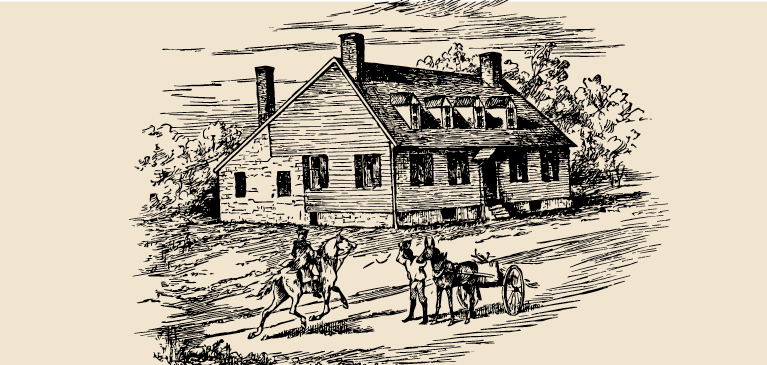
George Washington devoted his life to the improvement of American agriculture. While his initial interest in farming was driven by his own needs to earn a living and improve his homestead in Mount Vernon, in later years Washington realized his leadership and experimentation could assist all American farmers.
Washington was a leader in service in the all-important emerging governance structure of a new nation. He led the Executive Branch as our first President. This governance structure remains the envy of the world, and Washington’s service serves as a standard bearer of the highest caliber. This example has grown in strength over centuries with leaders chosen by a population of citizens voting for its leaders. While many skills are necessary to be one of those exemplary leaders, leaders that listen distinguish themselves amongst the competition.
Washington built his leadership with the skill of participating in agriculture, listening and acting. Washington stated in his Eighth Annual Address to Congress on December 7, 1796, “It will not be doubted that with reference either to individual or national welfare, agriculture is of primary importance. In proportion, as nations advance in population and other circumstances of maturity this truth becomes more apparent and renders the cultivation of the soil more and more an object of public patronage. Institutions for promoting it grow up, supported by the public purse; and to what object can it be dedicated with greater propriety?” Washington heard the cries of a growing population and the need to feed the nation. Public patronage was necessary to be the object of promoting agriculture.
It is important for our current legislative and public policy leaders to understand this truth as it remains critical to our nation. We are all required to support our farmers. It is essential to our nation. Considering farmers being fewer in number as the years pass, it is common sense that we all find ways to continue the mission of public patronage for greater prosperity to support the engine of agriculture, our farmers. Agriculture is core to the strength of the nation as first recognized by our first President. Washington is well recorded with this most useful common-sense statement, “Agriculture is the most healthy, the most useful, and the most noble employment of man.”
As the noblest of all men and women, recognized at our nations very formation, those employed in agriculture and humble in heart, we must journey in our actions by first recognizing this for ourselves. This will strengthen our communications and the messages that our elected officials need to hear. There is a difference between listening and hearing, but it starts with listening. When we communicate, if we want someone to listen, we need to talk about something they want to hear. If the legislative leaders hear, they will act. They must act, or the very strength of our nation will be weakened. It is a critical responsibility of agriculture to tell our story, the story of the farmer, in a manner that makes these policy leaders hear.
One of the sincerest forms of respect is listening to what someone has to say. Respect the listener in return with clear and consistent action and advocacy in all that we do out of necessity to support agriculture. Actions are the cement which holds everything together. As James recounts in the Bible, chapter 2: 17-18, “So also faith of itself, if it doesn’t have works, is dead. Indeed someone may say, ‘You have faith and I have works.’ Demonstrate your faith to me without works, and I will demonstrate my faith to you from works.” As a farmer shows nobility through their works, so must legislative leaders. Legislators need to act favorably towards agriculture, by first listening and then demonstrate that they heard by acting in support of agriculture. Action verifies listening and overcomes mere talk.
To view the fall 2024 issue of Partners magazine in its entirety, click here.


